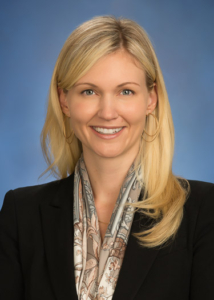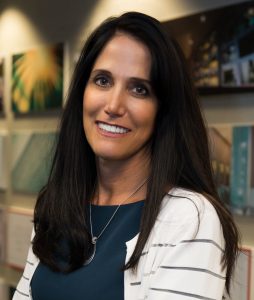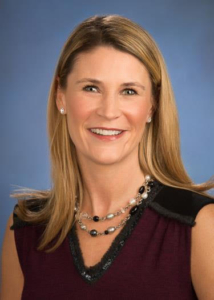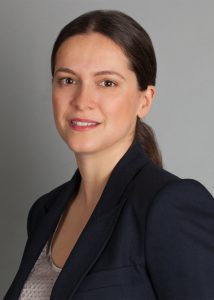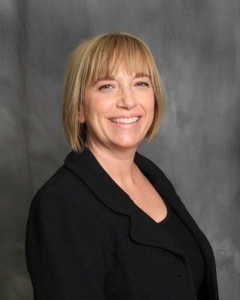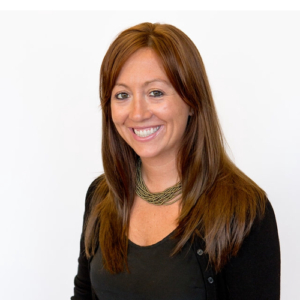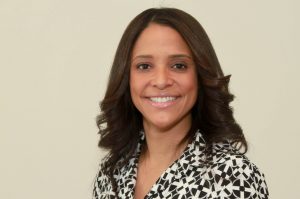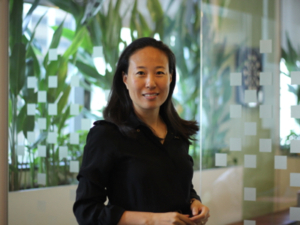 Ay Wen Lie began her career with KLM Airlines as a business manager working on restructuring and growing the business via joint ventures and mergers.
Ay Wen Lie began her career with KLM Airlines as a business manager working on restructuring and growing the business via joint ventures and mergers.
KLM had a joint venture with Northwest and was considering the option to merge with the airline Alitalia.
However, the merger with Alitalia did not go ahead and instead of growing the business, the focus shifted to cost savings and selling off non-core businesses. After a few years of continuous downsizing, she wanted to turn her attention to the act of building something, focusing on business growth and exploring her entrepreneurial capabilities. She started her own company together with her sister, focusing on interior lighting with products made from natural materials and the use of traditional handcraft in modern designs.
For several years, they built the business, refining the concept and expanding the business, primarily through selling B2B at trade shows. Although it was challenging, she appreciated the sense of control and excitement of building something from scratch. However, in a small company, at some point the business cycle remains the same — constant travelling in search of new producers, developing new products, quality control, tradeshows, shipping and designing new products. She decided it was time to turn to something new, where she could develop new skills and explore other opportunities with more variety. That’s when she joined PwC in the Netherlands.
“Even though the company was doing well I wanted to see what else was out there” Lie says.
“I didn’t see new opportunities for my personal development that I could get excited about. My sister, who loves creating new designs understood, and she has continued the business together with her husband”.
Although she grew up in the Netherlands, her family is Chinese-Indonesian and it had always been her ambition to live abroad with her husband and children. After a few years at PwC Netherlands, they offered her an international assignment opportunity abroad: The United States, China or Singapore.
Location, Location, Location
The couple chose Singapore because of its location as the central hub in South East Asia that was close to family, the opportunities that came with a booming Asian economy, and the fact that Singapore is one of the world’s leading financial centers.
The relocation to PwC Singapore also offered Lie the unique opportunity to build a Mergers & Acquisitions Operations practice for PwC Singapore’s Financial Services Industry Practice. “This was a great opportunity and I really enjoyed the challenge,” she says.
After three years, Lie decided to make her move to PwC Singapore permanent. “There was still such great opportunity to grow the practice further, and I was so proud of what we had built – it would have been hard to let go.”
PwC Singapore acts as a center of excellence in many areas for the region, as many international companies base their regional headquarters in Singapore, and the firm had invested early in developing a strong deals practice. The result is one of the most advanced deals practices in the region, supporting clients along all aspects of the deal continuum. “Singapore remains a very exciting location to me as we continue to develop our deals practice,” comments Lie.
Succeeding by Making Clear Choices
She says one of her biggest learnings has been to not be afraid of making choices and being clear about what you want, what you believe in and what you stand for. “There were lots of things I was interested in, and I wasn’t sure what to focus on; I was always hedging my bets. Only when I started to make choices, and others could see what I was about, did it all came together,” Lie states.
She had what she calls her “breakthrough moment” on the wisdom of this philosophy when the company she was running made a clear choice that they should focus only on their own products. “It was a scary moment taking out half of the product line up, but all of a sudden we were being courted by top magazines. It was clear what we stood for and believed in.”
She encountered the same when she moved to PwC Singapore. In the beginning she took on a lot of different things, trying to be useful to everyone. She found, however, that by doing that you don’t stand out, as it is not clear to others what you are really good at and passionate about, and therefore where you can add most value. She had to figure out what she wanted to do and build her own personal brand. “Don’t be afraid to make choices, play to your strengths and focus your energy on where you can best add value,” she says.
An Exciting Industry
At work these days, Lie finds her position constantly evolving as she supports clients with their regional integrations and/or divestments. She appreciates that these programs give her a view into a company’s whole ecosystem, addressing strategic, tactical and operational issues. It is a challenge creating a new business under tight timelines, with lots of uncertainty, bringing people and businesses together and motivating them to buy into a new future. It is often difficult for people to let go of what they have been part of for many years.
“I enjoy thinking through the complexities with a diverse range of people, finding the best solutions given the circumstances and keeping an eye out for what this means in the long run.”
She says it’s an exciting time to be in the financial services industry as a whole. “It’s crucial to have a stable financial system, and yet so much is happening. There is uncertainty in the markets, and regulators are constantly implementing new regulations which make it difficult for banks to be agile and focus on client needs. There is a lot of competition and cost pressure. On top of all that, blockchain or more general fintech will rapidly change the traditional operating models.”
She has been a member of the board of the Association of Dutch Business People in Singapore and also participates in the ‘Women in Finance’ Network which brings together women (and men) from all the industry layers and fosters networking.
A Family Affair
With two children, ages 9 and 11, Lie loves to spend time watching their sports, but also being active together — hiking, skiing or riding horses. “Outdoor sports allow you to be connected with yourselves, each other and nature.”
She believes for women to successfully combine family and career a lot depends on a woman’s partner. “In my experience it’s important to discuss and agree with your partner what both your ambitions in life are. What do you want to achieve; what kind of family life do you want; and how do you want to raise your children?”
While circumstances can change and priorities will shift, couples should reach an understanding of what is important to each and discuss how they can achieve that together, by supporting one other’s ambitions and accepting and acknowledging what the impact will be in terms of lifestyle or timing of career choices.
“Sometimes that means taking a step back in one area to move forward in another,” Lie says, “and this goes both ways between partners.”


